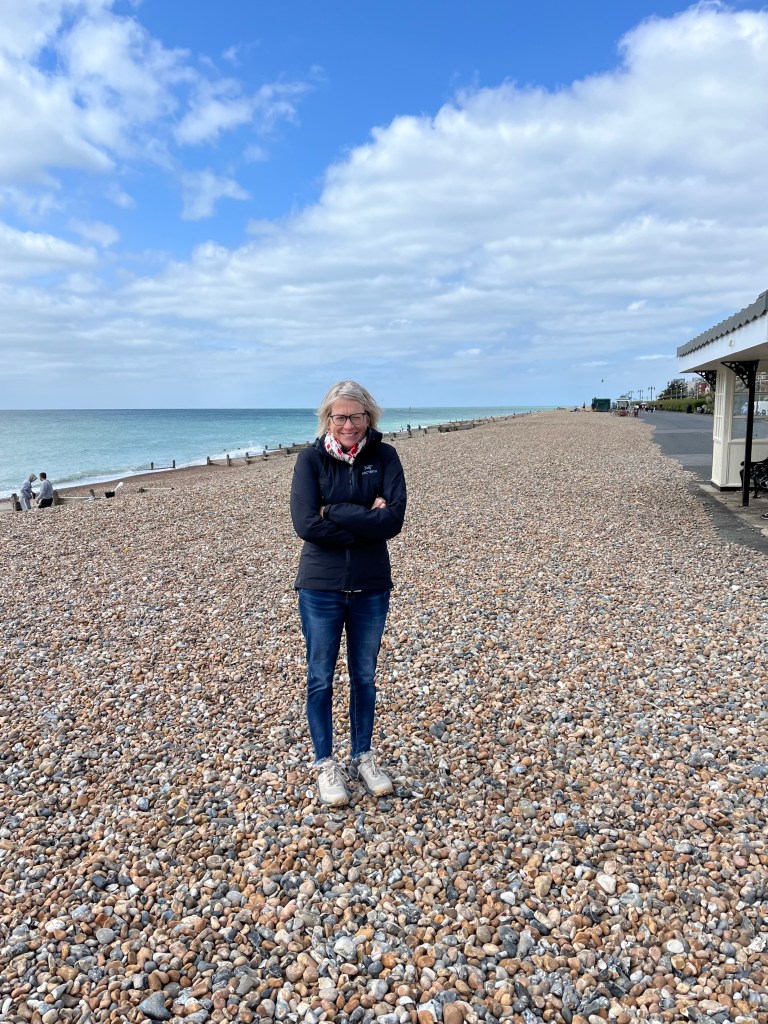
Dr Emily Brady
Professor Emerita of Philosophy
ebrady@tamu.edu
Welcome to my website! I’m a philosopher based in Scotland. My research and teaching interests span aesthetics and philosophy of art, environmental ethics, eighteenth-century philosophy, environmental humanities, and animal studies.
I recently retired from full-time academic work, having previously held positions as: Professor of Philosophy (2018-2025) and Susanne M. and Melbern G. Glasscock Director of the Glasscock Center for Humanities Research (2018-2022) at Texas A&M University; and Professor of Environment and Philosophy in the Institute of Geography and the Lived Environment at the University of Edinburgh (2005-2013). I began my career spending ten years in the Philosophy Department at Lancaster University in England. I hold a PhD in Philosophy from the University of Glasgow, and an MSc in Philosophy from the University of Edinburgh.
In current research, I explore interactions between aesthetics and ethics, specifically through other-regarding attitudes toward the natural world, e.g., forms of aesthetic attention, humility, wonder, natural beauty, and the sublime. Lately, I have been writing about aesthetics and climate change, as well as editing a major handbook on the sublime for Oxford University Press, alongside co-editors, Patrick Cheney and Philip Hardie. In earlier work, I focused on the place of imagination, perception, and emotion in aesthetic experience of environment. Many moons ago, I wrote my PhD dissertation on the topic of pictorial representation and imagination.
I am a past President of the International Society for Environmental Ethics and have served on the Executive Committees of the Royal Institute of Philosophy and the British Society of Aesthetics, as well as having been a Trustee of the American Society of Aesthetics. Currently, I serve on the International Advisory Boards of the International Institute of Applied Aesthetics and the Center for Animal Ethics and on the editorial boards of Ethics, Policy, and Environment; Plant Perspectives: An Interdisciplinary Journal; and Studi di Estetica. Previously, I was Associate Editor of Environmental Values and Co-Editor of Society and Space. I’m an Honorary Partner of the Everyday Aesthetics Network and an invited member of the Consortium of Environmental Philosophers.
At Texas A&M, I created and led the interdisciplinary research initiative Humanities: Land Sea Space. While at the University of Edinburgh, I was a founding member of the Edinburgh Environmental Humanities Network. My research has been supported by funding from the AHRC, the British Academy, the Finnish Academy, DEFRA, NEH, the Royal Society of Edinburgh, and Texas A&M.

Northern Lapwing/peewit (Vanellus vanellus), North Uist
Pingback: Sublime feelings and a change of heart | The Socratic Trailhead
Pingback: 2015 New Enlightenment Lecture | Representing Edinburgh
Pingback: Tim Collins: What is Landscape Justice and Why Does it Matter? – The CSPA
Pingback: A SONG OF ICE AND ATMOSPHERE: JOHN MUIR AND THE AESTHETICS OF COLD ENVIRONMENTS | AESTHETICS FOR BIRDS